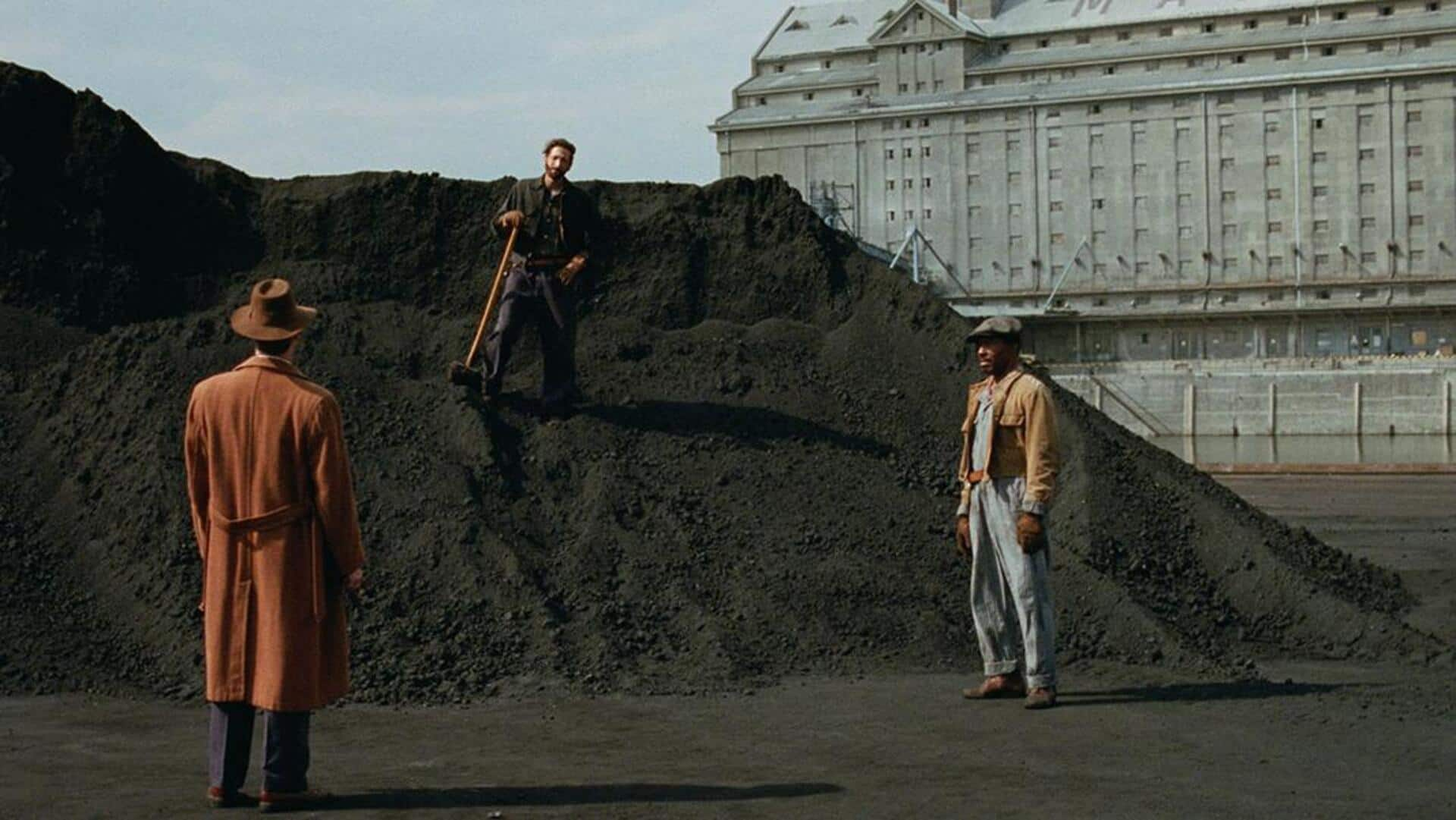
'The Brutalist': How makers transformed Budapest into 1940s Philadelphia
What's the story
Judy Becker, the acclaimed production designer behind Hollywood films like American Hustle and Carol, recently encountered a unique challenge in Brady Corbet's historical drama The Brutalist.
The film called for her to transform Budapest, Hungary into 1940s Philadelphia.
This overseas project posed an entirely new set of challenges for Becker, who had shot Carol in Cincinnati as a stand-in for New York and American Hustle in Boston also representing New York.
Design approach
Becker's design strategy for 'The Brutalist'
The Brutalist narrates the story of an architect, Laszlo (Adrien Brody), a Holocaust survivor who moves to the US.
His talent is discovered by a wealthy client (Guy Pearce), who commissions him to build a community center with a library, theater, and chapel. This allows Laszlo's wife Erzsebet Toth (Felicity Jones) to join him in America.
Becker designed this practical center as a large concrete structure, inspired by brutalist-style architecture.
Symbolic interpretation
Becker's inspiration and symbolism in 'The Brutalist'
Becker wanted to conceptually merge two concentration camps to symbolize Laszlo's escape from the Holocaust.
She took inspiration from the architecture of WWII concentration camps, particularly the cross formation seen in them which becomes a focal point in the film's chapel.
"That could've been coincidental but it started making me think about all that symbolism," Becker told Variety.
Production challenges
Location scouting and budget constraints in 'The Brutalist'
Despite working with a limited budget, reportedly around $10 million, Becker didn't feel restricted.
"I know everyone says it doesn't look like it but it was probably the lowest-budget period movie I've ever done by far," she admitted.
"On many much bigger budget movies, I felt that it was a [bigger] struggle in terms of the budget...But this was a true labor of love, I think for everybody that worked on it."
Artistic liberty
Becker's creative freedom and resourcefulness in 'The Brutalist'
Becker called her collaboration with Corbet liberating, giving her a lot of creative freedom in the art direction.
She remembered a story of a director at the Sundance Directors Lab who turned a bus into an airplane set with paper plates and window coverings. It reminded her of how resourceful one can be when limited.
"I think that in some ways, 'The Brutalist' was my turning a bus into an airplane movie," Becker joked.